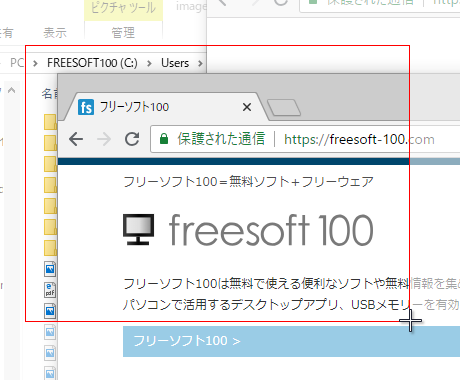

The company’s high fibre breakfast cereal, Quaker Oats, and low fat and roasted snack options enhance the healthful choices available to consumers. It manufactures Lay’s Potato Chips, Cheetos extruded snacks, Uncle Chipps and traditional snacks under the Kurkure and Lehar brands and the recently launched ‘Aliva’ savoury crackers. PepsiCo’s foods company, Frito-Lay, is the leader in the branded salty snack market and all Frito Lay products are free of trans-fat and MSG.

Local brands – Lehar Evervess Soda, Dukes Lemonade and Mangola add to the diverse range of brands. PepsiCo India’s expansive portfolio includes iconic refreshment beverages Pepsi, 7 UP, Mirinda and Mountain Dew, in addition to low calorie options such as Diet Pepsi, hydrating and nutritional beverages such as Aquafina drinking water, isotonic sports drinks - Gatorade, Tropicana 100% fruit juices, and juice based drinks – Tropicana Nectars, Tropicana Twister and Slice, non-carbonated beverage and a new innovation Nimbooz by 7Up. PepsiCo nourishes consumers with a range of products from treats to healthy eats that deliver joy as well as nutrition and always, good taste. One of the largest multinational investors in the country, PepsiCo has established a business which aims to serve the long term dynamic needs of consumers in India. Ĭompany Profile PepsiCo entered India in 1989 and has grown to become the country’s largest selling food and Beverage Company. The various tools are used to check the quality of the product to define weather the product is a quality one or not and to take the further necessary actions to bring the process under control. Quality costs allow us to identify the soft targets to which improvement efforts can be applied. Measuring and reporting the quality cost is the first step in a quality management program. Quality Costs are a measure of the costs specifically associated with the achievement or nonachievement of product or service quality –including all product or service requirements established by the company and its contract with customers and society. Quality improvement decisions are viewed as the catalyst for substantial technological developments being made in the manufacturing sector.

Many companies in the world are gradually promoting quality as the central customer value and regard it as a key concept of company strategy in order to achieve the competitive edge. Team Members: Nilesh Surana 10DM_095 Nishant Singh Gahlot 10DM-097 Priya Kanodia 10DM-107 Swati Goyal 10FN-113 Sabeeka Rizvi 10FN-135 Soumya Kaushal 10FN-137 Application of Quality Tools Presented by:


 0 kommentar(er)
0 kommentar(er)
